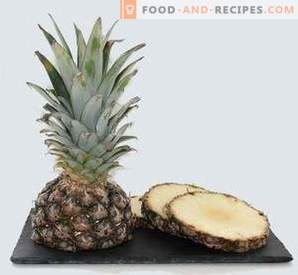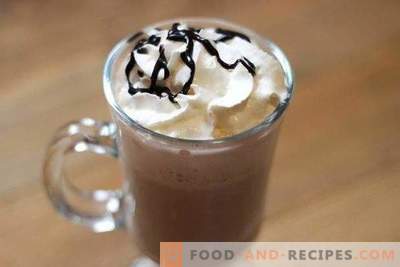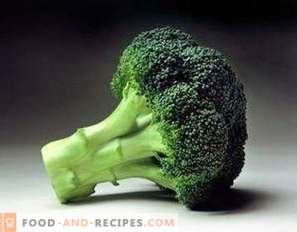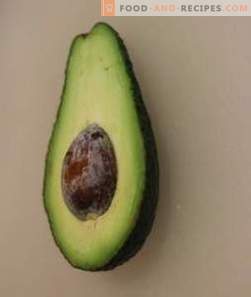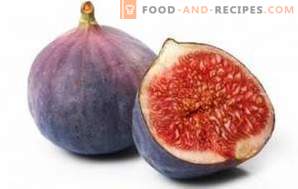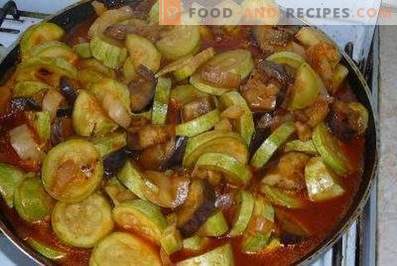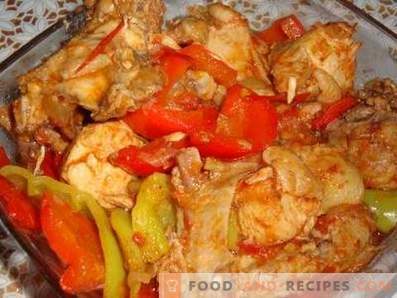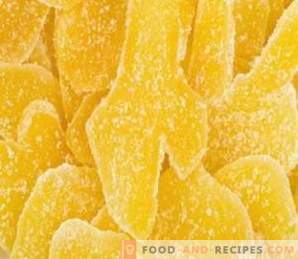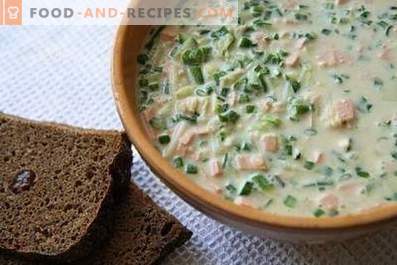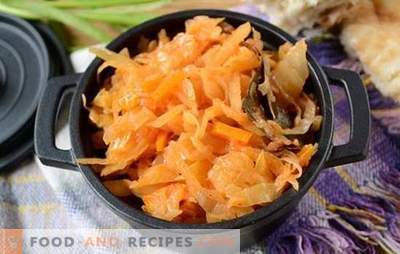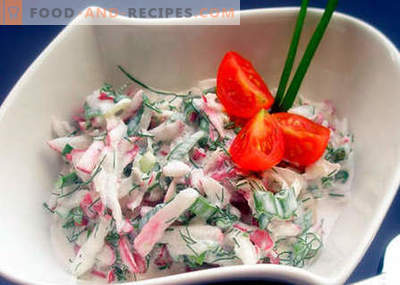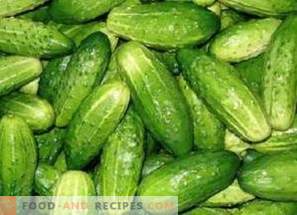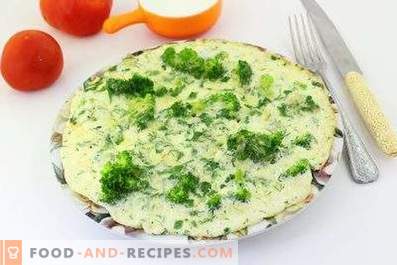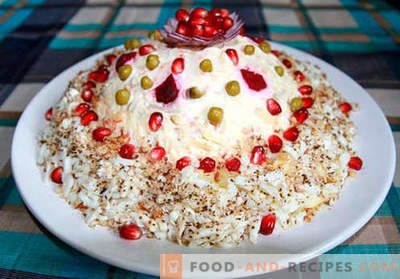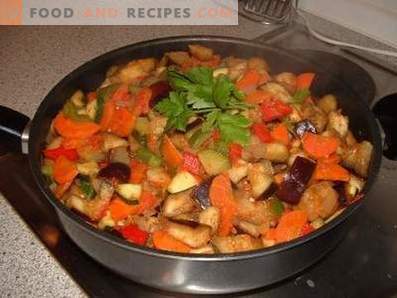
Coffee, as a product, still causes a lot of controversy. At the same time talk about its incredible benefits and strong harm to health. Is it possible to drink coffee every day, several times a day, does it help to lose weight or, on the contrary, promotes weight gain? According to some data, coffee is contraindicated for people with heart problems and arterial hypertension, and according to others it helps to remove excess water from the body and, as a result, reduces pressure if it is above normal. Does the coffee invigorate coffee for the good or does it take away the energy resources hidden for a special occasion? In fact, there is no one answer to all these and many other questions. It all depends on what kind of coffee to drink: instant, natural, freshly ground or pre-packaged, black bitter or sweet, with milk, condensed milk or cream. Each ingredient significantly changes the caloric content of this product, its nutritional value, chemical composition. The reaction of the body to different coffee is completely different.
For example, instant coffee is just a tasty drink that has little to do with real coffee. Its action is completely different from the natural, for a person it carries only pleasant taste sensations, but at the same time it has a negative effect on the body: the stomach, kidneys, heart, vessels. Natural coffee with moderate use is harmless, abuse can cause tachycardia, dizziness, nausea, high blood pressure and even a heart attack. In order to understand how different types of coffee still affect a person, whether they are harmful or useful, it is necessary to consider the composition and nutritional value in more detail.
How many calories in natural coffee
Calorie and nutritional value of natural coffee depends on the variety, method of roasting, grinding. During roasting in coffee beans, quite complex processes take place, many new chemical compounds are formed. Roasted coffee contains more than a thousand different substances, 80% of which are responsible for the taste of the future drink. The subtleties of roasting can change not only the taste and aroma of coffee, but also its caloric content, nutritional value. Various studies are being conducted to determine the composition of coffee of one sort or another, but since the roasting technique is such a delicate and delicate process, the results often differ slightly. Therefore, all varieties of natural coffee can be combined into one group and be guided by averaged data for counting calories, vitamin, microelements.
Natural coffee contains caffeine, alkaloids, mono- and disaharas, phenolic compounds, lipids, amino acids, organic acids, mineral elements, proteins, and other substances. Caloric content of natural coffee beans is 331 kcal per 100 grams of grains.
Nutritional value of organic coffee
- dietary fiber - 22.2 g
- organic acids - 9.2 g
- ash - 6.2 g
- saturated fatty acids - 5.7 g
- water - 4.7 g
- mono - and disaccharides - 2.8 g
Vitamins
- vitamin PP (niacin equivalent) - 19.7 mg
- vitamin PP - 17 mg
- Vitamin E (TE) - 2.7 mg
- vitamin B2 (riboflavin) - 0.2 mg
- Vitamin B1 (thiamine) - 0.07 mg
Mineral substances
- potassium (K) - 2010 mg
- magnesium (Mg) - 200 mg
- phosphorus (P) - 198 mg
- calcium (Ca) - 147 mg
- sodium (Na) - 40 mg
- iron (Fe) - 5.3 mg
Instant coffee - how many calories and what composition
Instant coffee is a product that is often made without having in mind the basis of natural coffee. The nutritional value of instant coffee is dubious, but it still exists and must be taken into account. Nutritionists do not recommend drinking instant coffee, and especially on an empty stomach, which is often the case with diets. Caloric content of instant coffee - 118, 7 kcal
- proteins - 15 gr
- fats - 3, 6 gr
- carbohydrates - 7 gr
- water - 7 g
- ash - 1 gr
Vitamins
- vitamin PP (niacin equivalent) - 26, 49 mg
- vitamin PP - 24 mg
- vitamin B2 (riboflavin) - 1 mg
Mineral substances
- phosphorus - 250 mg
- calcium - 100 mg
- iron - 6, 1 mg
- sodium - 3 mg
Coffee with condensed milk is one of the most popular coffee drinks. Condensed milk makes the coffee softer, more saturated, the sweetness is not as clear as from sugar. With the addition of condensed milk to coffee, the caloric content and nutritional value of the drink significantly change.
Caloric content of coffee with condensed milk
Caloric content: 75.1 kcal
- proteins - 3 g
- fat - 5 g
- carbohydrates - 4.8 g
- water - 80 g
Vitamins
- Vitamin A (RE) - 50 µg
- Vitamin B12 (cobalamin) - 0.4 µg
- vitamin B2 (riboflavin) - 0.2 mg
- vitamin B5 (pantothenic) - 0.4 mg
- vitamin B9 (folic) - 5 µg
- vitamin C - 1.5 mg
- Vitamin E (TE) - 0.09 mg
- vitamin H (biotin) - 3.2 µg
- vitamin PP - 0.1 mg
- vitamin PP (Niacin equivalent) - 0.6 mg
- choline - 23.6 mg
Mineral substances
- aluminum - 50 mcg
- iron - 0.07 mg
- iodine - 9 mcg
- potassium - 146 mg
- calcium - 120 mg
- magnesium - 14 mg
- copper - 12 mcg
- sodium - 50 mg
- tin - 13 mcg
- sulfur - 29 mg
- strontium - 17 mcg
- phosphorus - 90 mg
- fluorine - 20 mcg
- chlorine - 110 mg
- chrome - 2 mcg
